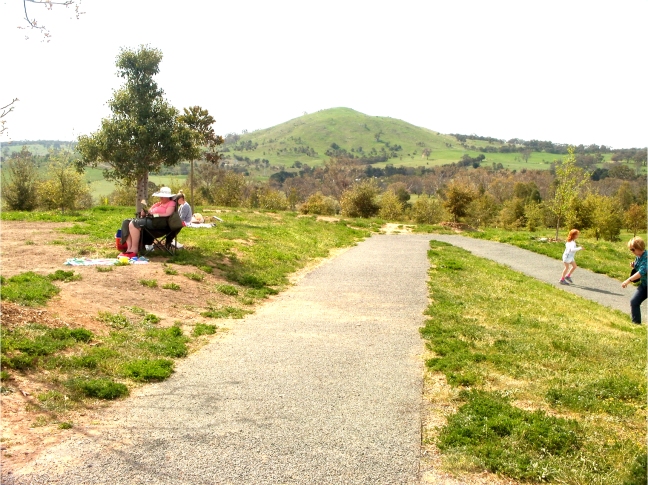One of the themes of my visual sociology is the representation of science. Conservation is as much about social practices as it is about earth science, biology and other natural sciences. Today’s post is about the sociology of the National Arboretum, which sits on Ngunawal country. Ngunawal people are the traditional custodians of this part of Acton, west of the city in Canberra. Less than a seven minute drive central business district, this is one of the world’s largest arboretums for rare and endangered trees. I am no arborist. I cannot even claim to be a fan of gardening. I was interested in the Arboretum first in an attempt to capture a visual sociology of Canberra, and second to see how people interact with this place as a science centre. The focus of my post today is on the social dynamics of the Arboretum, especially on community aspects of conservation and the trees that drew the greatest interest amongst the crowds I saw: the Bonsai and Penjing Collection .

Sociology of the National Arboretum


